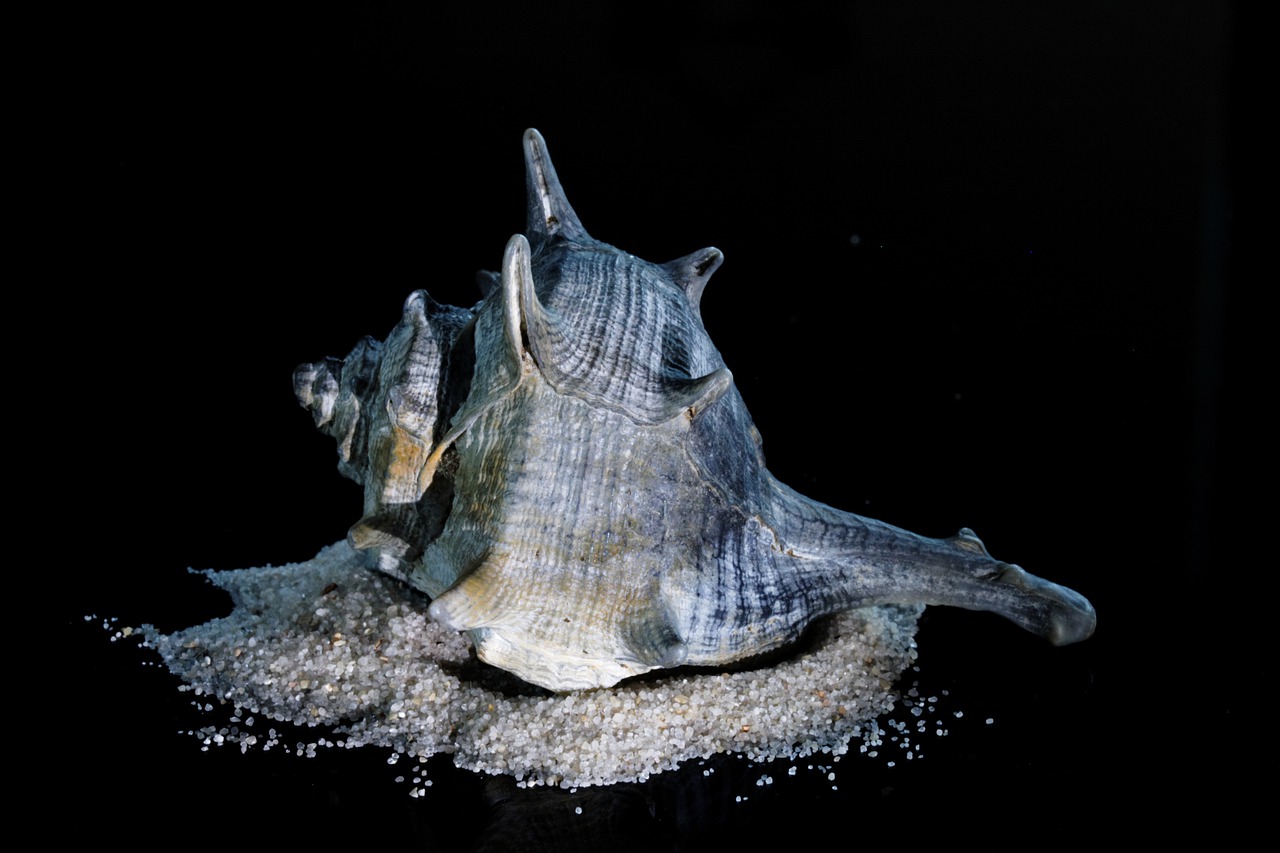Hercules, often regarded as a legendary figure, was indeed born a mortal, though his pedigree is intertwined with divine lineage. His father, Zeus, reigns as the supreme deity of ancient Greek mythology, while his mother, Alcmene, was a descendant of the esteemed hero Perseus. This makes Hercules’s background as fascinating as his feats, being a true testament to the complexities of mythological heritage. Interestingly, the constellation Hercules ranks as the fifth largest in the night sky.
In the early stages of his life, Hera, Zeus’s wife, attempted to eliminate Hercules. She sent a pair of snakes to his crib, but the infant displayed extraordinary strength and courage, successfully strangling his would-be assassins. However, Hera’s hostility did not wane over time. As Hercules matured, she cast a spell that drove him to insanity, resulting in the tragic killing of his beloved wife and their children. Burdened by guilt, Hercules sought Apollo, the god of truth, begging for retribution for his actions. Understanding the manipulation behind Hercules’s crime, Apollo instructed him to accomplish twelve monumental tasks laid out by King Eurystheus of Mycenae. Successful completion of these tasks would grant Hercules redemption and the immortality he craved.
The Twelve Labors of Hercules
1. The Nemean Lion
Apollo’s first command sent Hercules to Nemea to confront a deadly lion that menaced the local populace. Some interpretations suggest that this creature was also a spawn of Zeus. Hercules engaged the lion in its lair, ultimately overpowering it and wearing its skin as a trophy for the remainder of his life.
2. The Lernaean Hydra
His next venture was to Lerna, where he faced the dreaded Hydra, a monstrous entity with nine venomous heads. Accompanied by his nephew Iolaus, Hercules severed the heads, while Iolaus ensured they couldn’t regenerate by cauterizing the wounds with flames.
3. The Golden Hind
Hercules then sought to capture the illustrious hind of Diana, characterized by its shimmering antlers and hooves. Eurystheus believed that the goddess would exact vengeance on any intruders; however, upon explaining his situation, Diana allowed him to proceed without reprisals.
4. The Erymanthean Boar
His fourth labor involved capturing an enormous boar from Mount Erymanthus using a colossal net, showcasing his resourcefulness.
5. The Augean Stables
Hercules’s fifth challenge was to clean King Augeas’s vast stables within a single day, a task deemed impossible. Nevertheless, he managed to complete it with ease by redirecting two rivers to wash away the filth.
6. The Stymphlaian Birds
Next, he was instructed to banish a flock of predatory birds from Stymphalos. With assistance from Athena, who provided magical noisemakers, he successfully intimidated the birds into leaving.
7. The Cretan Bull
Traveling to Crete, Hercules captured a rampaging bull linked to the birth of the Minotaur, leading it back to Eurystheus, who released it into the wild.
8. The Horses of Diomedes
In his eighth labor, he subdued the ferocious man-eating horses owned by King Diomedes and brought them to Eurystheus, who set them free in homage to Hera.
9. Hippolyte’s Belt
For his ninth challenge, Hercules sought the belt of Hippolyte, the Amazon queen. Initially, she welcomed him, but Hera’s interference incited a wariness that culminated in tragedy, resulting in Hippolyte’s death at Hercules’s hands.
10. The Cattle of Geryon
Hercules’s tenth task led him to Geryon’s lair, where he captured the cattle of a formidable three-headed beast, overcoming various barriers thanks to Hera’s constant hindrance.
11. The Apples of Hesperides
His penultimate labor required stealing golden apples from the Hesperides, for which he enlisted the help of Prometheus and Atlas, successfully acquiring the fruit before returning it to their rightful place.
12. Cerberus
Lastly, Hercules descended into Hades to seize Cerberus, the fearsome three-headed guardian of the Underworld. He managed to subdue the beast and bring it to the surface before returning it unharmed.
The Untimely Demise of Hercules
After conquering the twelve labors, Hercules embarked on several adventures, including rescuing a princess and battling various foes. Eventually, he wed Deianira. However, a tragic turn of events occurred when a centaur, seeking vengeance, tricked Deianira into giving Hercules a poisoned tunic, claiming it would bind him closer to her. When Hercules donned the cursed garment, it inflicted agonizing pain. Sensing his impending doom, he constructed a funeral pyre and perished in the flames, securing his place among the gods, carried to Olympus by Athena herself.
Though not a deity by birth, Hercules embodied the spirit of a hero, navigating through trials marked by strength, betrayal, love, and grief.



